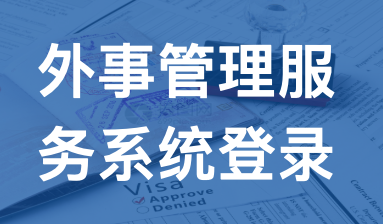[转发] Call for Participation in Google Funded Project: “Democratizing AI and Bui
APRU International Secretariat is calling for scholar participation to a research and publication project supported by Google. Applications for participation (using the attached EOI form) should be sent to christina.schoenleber@apru.org at the APRU Secretariat by September 30, 2017.
Approximately 12 scholars are to be recruited to take part in;
a) two face-to-face meetings planned to take place in Tokyo and Hong Kong and
b) one virtual meeting over a 12-month period to present their working papers with the intention of publishing these with a with a partner to be confirmed.
The topic of the project shall be “Democratizing AI and Building Trust in the Technology”. While the meaning of the topic itself will be a subject of discussion, the project’s initial intention is that (a) access to the benefits of AI, (b) awareness about the nature of the technology, (c) governance of the technology and its development process with a focus on responsible development, should be open, understood by and accessible to all people regardless of their geographic, generational, economic, cultural and/or other social background. Any research that contributes to the topic is welcome. Contributions that reflect unique aspects of the Pacific Rim will be particularly appreciated. Please see following Appendix for some suggested topics.
In addition to academic outputs to be provided independently by the researchers, the organizers will be preparing policy statements aimed to be addressed at APEC that reflect (with explicit permissions from the researchers) the discussions made during the project.
Academic Lead
Academic lead is provided by Professor Jiro Kokuryo (Keio University) and Professor Toby Walsh (UNSW Sydney) as academic co-chairs. Academic co-ordination is ensured by Catharina Maracke (Keio University).
Funding
This project is funded by Google and organized and supported by the APRU Secretariat. Each researcher will be provided a sum of US $8000 to cover the cost of participation to this project. Researchers travelling from the US and South America will be provided with additional funds of US $4,000 to cover their additional travel cost.
Participant contribution
1) Submission of a work-in-progress paper for first face-to-face meeting schedule Dec, 1, 2017
2) Submission of work-in-progress paper for virtual meeting, date tbc
3) Submission of the first draft working paper for the second face-to-face meeting, date tbc
4) Submission of the completed working paper by the end of November 2018.
Requirement for credit
Researchers are free to publish any output resulting from research without any permission from the APRU secretariat or the sponsor with the condition that the document includes the following statement: “This document is created as a result of a discussion series supported by Google. Statements included are made entirely independently by the author(s) under their sole responsibility.”
Dates
Applications for participation (using the attached EOI form) should be sent to christina.schoenleber@apru.org at the APRU Secretariat by September 30, 2017.
Please note that the first face-to-face meeting will be held in Tokyo at Keio University Mita Campus on December 1, 2017. While virtual participation may be possible for this meeting, physical presence by all participating scholars is strongly suggested.
Appendix:
Examples of research topics
● How can we build trust and educate the public on the benefits and use of the technology as well as raise awareness of the developers on its social implications, such as privacy, ethics and transparency issues?
● Approaches to ensuring broad access to technology and innovations across different sectors: allowing SMEs, developers and startups, hobbyists to innovate on a par with larger tech companies and research institutions.
● How can we ensure access to, trust and familiarity with the new technology and its benefits for all, including aging population?
● How we can ensure diversity in research and application of the technology including but not limited to geography, race and gender?
● How can we manage our technology development processes to better address social concerns?


